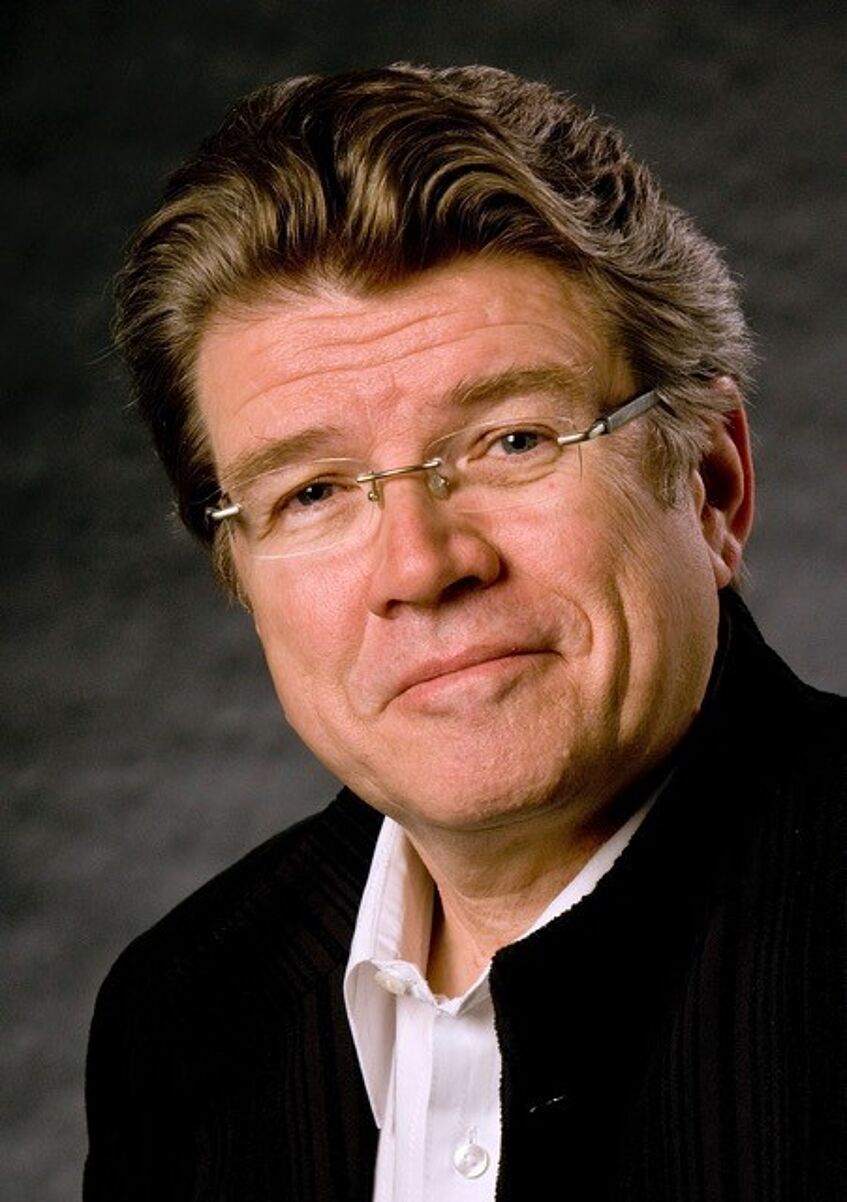
© W. Lance Bennett
W. Lance Bennett, PhD
Professor of Political Science and Ruddick C. Lawrence Professor of Communication, University of Washington, Seattle USA; Senior Fellow, German Internet Institute, Berlin, 2018-2019
Lance Bennett is Professor of Political Science and Ruddick C. Lawrence Professor of Communication at the University of Washington, Seattle, USA, where he directs the Center for Communication and Civic Engagement (www.engagedcitizen.org). The focus of his work is on how communication processes affect citizen engagement with politics. His publications include The Logic of Connective Action: Digital Media and the Personalization of Contentious Politics (with Alexandra Segerberg, Cambridge, 2013). He has received the Ithiel de Sola Pool and Murray Edelman career awards from the American Political Science Association. He received the Distinguished Scholar Award from the US National Communication Association, and the International Communication Association named him an ICA Fellow for lifetime achievement. His current interests include: the role of communication in democratic societies, and how to better align thinking about the economy, democracy and the environment in order to build more equitable and sustainable human systems on the planet.
E-Mail: lbennett@uw.edu
Homepage: http://ccce.com.washington.edu
Abstract
Who Are the People? Communication, Power, and the Rise of Anti-Democratic Politics
Many democratic nations are experiencing conflicts over who are the true citizens. These conflicts play out in various ways, including political battles over immigration, refugees, civil rights for religious or sexual minorities, press freedom, and opposition to supra national organizations such as the EU. These conflicts often involve competing claims about facts and truth that undermine shared national identities and political community. In many cases, the rise of political disinformation is associated with the efforts of movements and parties on the radical right to mobilize supporters against center parties and the mainstream press that carries their messages. The spread of disinformation can be traced to growing legitimacy problems in many democracies. Declining citizen confidence in institutions undermines the credibility of official information in the news, and opens publics to alternative information sources. Those sources are often associated with both nationalist (primarily radical right) and foreign (commonly Russian) strategies to undermine institutional legitimacy and destabilize center parties, governments, and elections. The Brexit campaign in the U.K. and the election of Donald Trump in the U.S. are among the most prominent examples of disinformation campaigns intended to disrupt normal democratic order, but many other nations display signs of disinformation and democratic disruption. In the background of all this are growing tensions between capitalism and democracy, including radical right, libertarian business interests promoting convenient alliances with so-called populist movements that undermine the legitimacy of democratic institutions and governments. Rather than referring to these developments as “populism," I suggest we find more meaningful concepts and theoretical frameworks to understand the underlying causes and implications.
Programme: Keynote 5, Thursday, 6 September 2018, 15:30-17:00